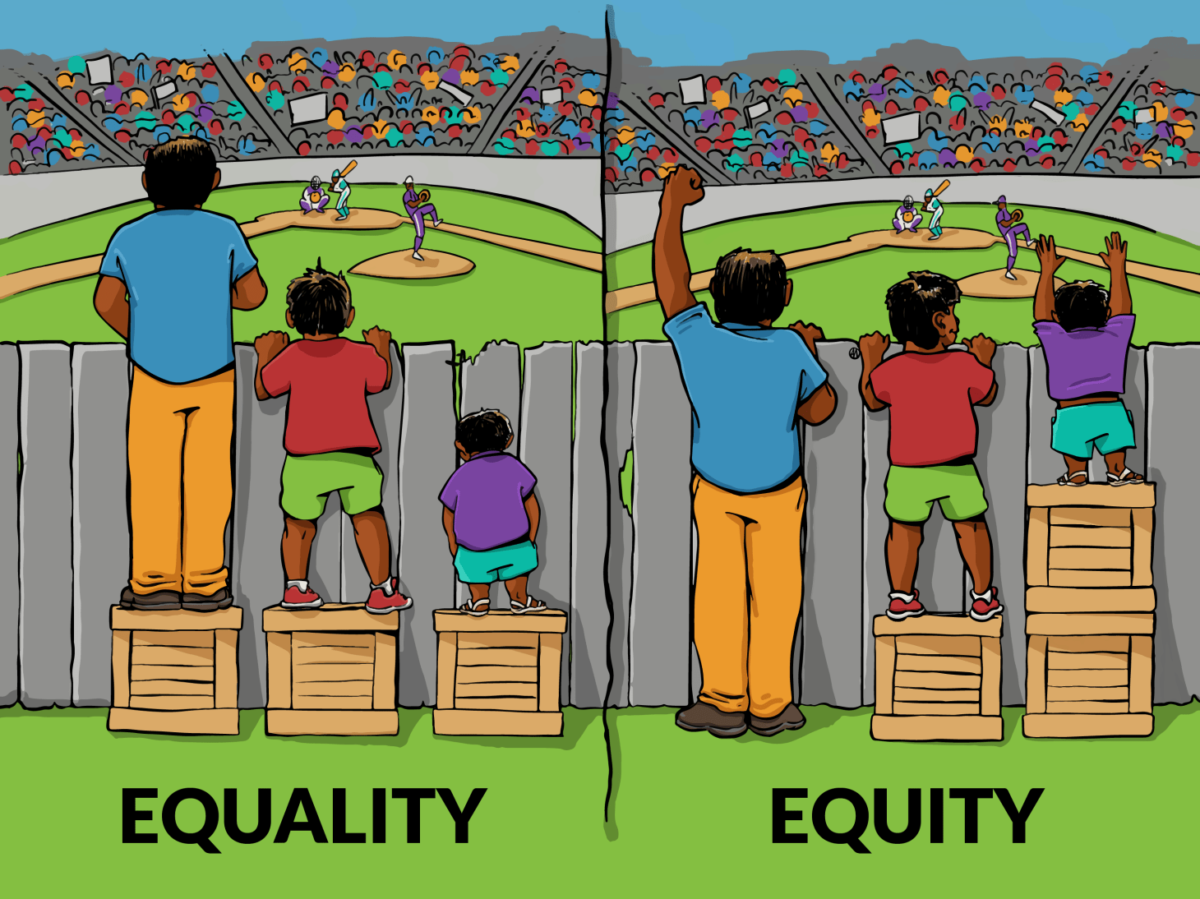
The Fayette Education Foundation Aims to Bridge the Equity Gap
The Fayette Education Foundation wants the children of Fayette County to have an equal chance at getting the education they deserve. Public schools have limited resources to help the underserved students of this school district catch up with their counterparts from more privileged neighborhoods. Thanks to this new foundation, area teachers can apply for grants to fund educational initiatives or equipment that enhance learning and support the academic success of their students.
Marshaling the resources of the community is a noble endeavor in our opinion, and we were therefore pleased to award a small grant to The Fayette Education Foundation Fund. We would like to see more such initiatives in other school districts that need help. Executive Director of The Fayette Education Foundation, Carrie Boling, took the time to answer our questions about this work:
Kars4Kids: According to statistics cited on your website, in 2006, there were 54 native languages spoken by Fayette County English Language (EL students). Now there are 95. That’s a whopping increase. Presumably you have had an influx of new immigrants. How do you account for the fact that they are both EL students and students who have other native languages?
Carrie Boling: We are proud of the fact that our school district is a majority minority district meaning that 54% of our students are minorities. The diversity in Fayette County Public Schools creates a special atmosphere for learning. The University of Kentucky helps deepen our diversity as well as the horse industry. Additionally, the Toyota plant is one county away and many of its team members live in Lexington. All learners are welcomed and accepted at our public schools.
Kars4Kids: In 2006, 52 Fayette County students were homeless, now that number has climbed to 853. What, if anything, is your foundation doing to address this problem?
Carrie Boling: Under the McKinney-Vento Homeless Assistance Act, the school district addresses the problems that homeless students face in enrolling, attending, and succeeding in school, and we aim to ensure that each one has equal access to the same free, appropriate public education, including preschool, as other children and youth. Homeless students should receive the educational and other services they need to meet the same challenging academic standards to which all students are held. In addition, homeless students may not be separated from the mainstream school environment. The Fayette Education Foundation’s mission is educational excellence through an equity lens. The city of Lexington has a host of community partnerships that are working to ensure our school children’s basic needs are met.
Kars4Kids: Nationwide, 48.3% children are not ready for kindergarten, but in Fayette County, it’s a bit higher at over 50%, though it hits 70-80% in some neighborhoods. What are some of the contributing factors to Fayette County’s higher numbers of children not ready to enter kindergarten?
Carrie Boling: Our children are not coming to school prepared and our schools are playing catch up from day one. At the Foundation, we are looking for creative ways to increase school readiness. Recently, we have brought back Dolly Parton’s Imagination Library to Lexington to ensure children ages birth to five have appropriate reading materials in their homes. Additionally, we are working on a pilot program with one of our elementary schools to try intervention strategies with family type rewards to encourage our little ones have basic skills upon starting kindergarten. There are a multitude of reasons our children aren’t prepared to enter school. There is a coalition of community partners spearheaded by the school district called First5Lex that is taking a group approach to identifying and solving some of these issues.
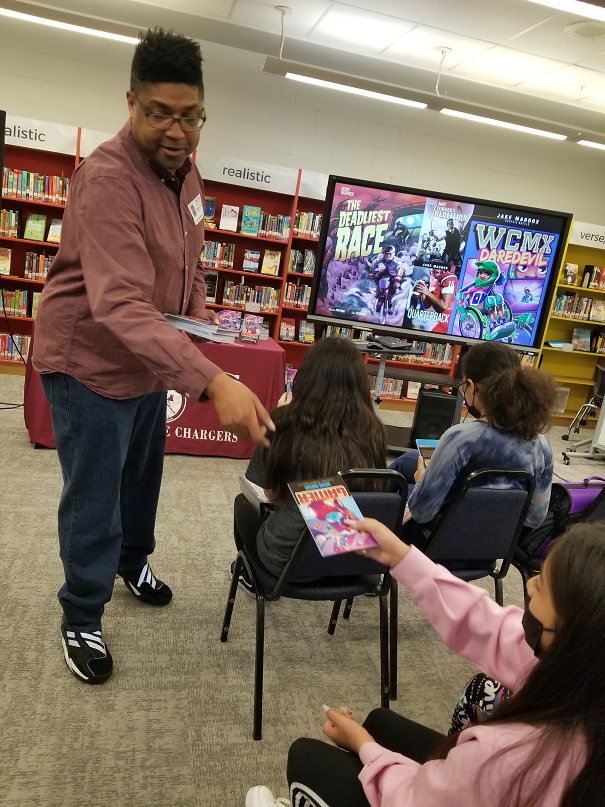
Kars4Kids: Can you give us an overview of your Kindergarten Readiness program?
Carrie Boling: We are looking at a neighborhood-based approach to kindergarten readiness. One size does not fit all. We are looking at patterns of early registration for kindergarten so we can intervene before a child actually begins school. The Foundation wants to invest in these kids before they walk across the threshold of their neighborhood school because our teachers’ hands are already full.
Kars4Kids: The Fayette Education Foundation is young—only two years’ old. Can you describe for us some of the grants you’ve given thus far by way of your Bright Ideas grant program?
Carrie Boling: We are brand new and created in the middle of the pandemic! The Foundation was a vision of our former superintendent, Manny Caulk. Sadly, Manny died unexpectedly in December 2020, just one month after we were created. Between his passing, the pandemic, an interim superintendent and now a new superintendent, the first 18 months were challenging. But we are in a great position with a great leader in place at the district level. Additionally, our board of directors is dedicated to the children of Lexington and have kept our momentum going strong during these first two years. Our first round of Bright Ideas Grants applications were due on June 15, 2022. We received 26 applications with needs totaling over $46,000. We are excited to announce the first recipients in late July.
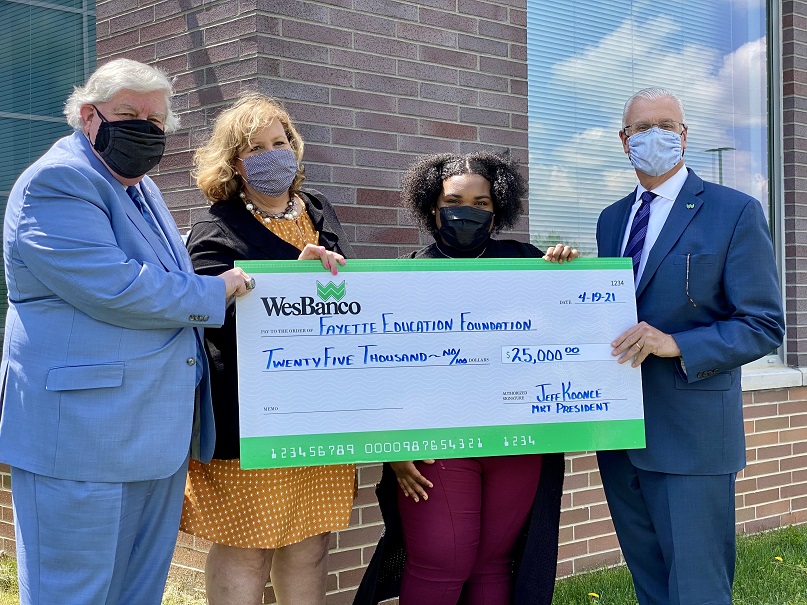
Kars4Kids: Despite some grim statistics regarding kindergarten readiness, homelessness, and other factors, Fayette County has had a surprising spike in AP students, rising from 1,622 students in 2006, to 4,104 students today. How do you account for the increase? What is Fayette County doing right and what is being done to support these efforts and momentum?
Carrie Boling: Our schools have worked hard to ensure all students have access to advanced classes.
Kars4Kids: Is there a difference in academic outcomes for white students and those of color? If so, can you tell us about that, and some of the reasons for the disparity?
Carrie Boling: There are many factors in place when it comes to the equity gap in education. One of our focus areas is creating a more diverse teacher workforce in Fayette County. To address the growing teacher shortage and particularly the lack of minority educations in Fayette County Public Schools, our goal is to build a “grow your own” pipeline of rising educators who are nurtured, trained and ultimately come back to Fayette County to teach. Minority teachers can offset negative stereotypes and act as role models/mentors for students of color. Teachers who relate to their students’ backgrounds usually are better able to look past biases of their abilities and may be more able to link cultural contexts to learning in ways that could benefit racial and ethnic minority students. Minority students often perform better on standardized tests, have improved attendance, and are suspended less frequently when they have at least one same-race teacher. A nationwide teacher shortage exists, and Fayette County is no exception. While teacher recruitment is important, even more critical is a diverse teacher workforce to help minority students attain greater educational success.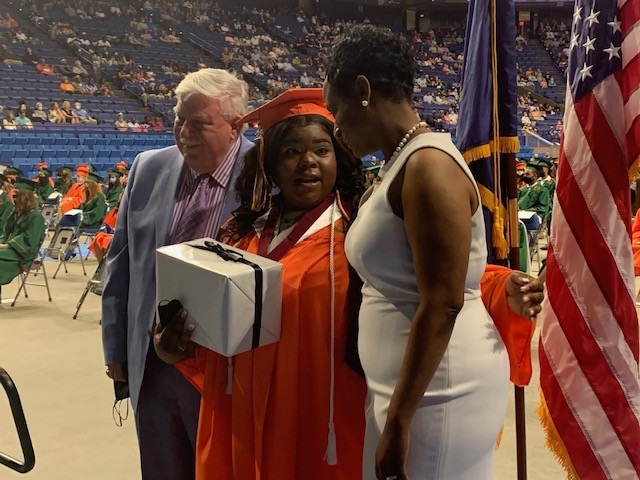
Kars4Kids: What is the ratio of BIPOC to white teachers in your school district? What ratio are you aiming for, considering that almost half of your students are white?
Carrie Boling: Right now approximately 12% of our teacher population is non-white while 54% of our students are non-white. Our ultimate goal would be for our teachers to reflect our student population. We have to convince our best and brightest students that teaching is a noble and prestigious profession. Too many teachers are leaving the profession and not enough – of any race – are joining.
Kars4Kids: Tell us about The Fayette Education Foundation’s efforts to facilitate and encourage Fayette County students to attend college.
Carrie Boling: Several years ago, Fayette County Public Schools instituted the Career Academy model at the majority of its high schools. We support this model as it supports the workforce needs of our community. An Academy is a small learning community. Students are placed in cohorts of+ smaller groups, to foster stronger relationships. So, instead of being one of 1700, they are one of 300-400, and they are grouped with students that have similar interests. In the Academy structure, each academy has its own location in the building, a designated principal, counselor, and a group of core content and elective teachers.
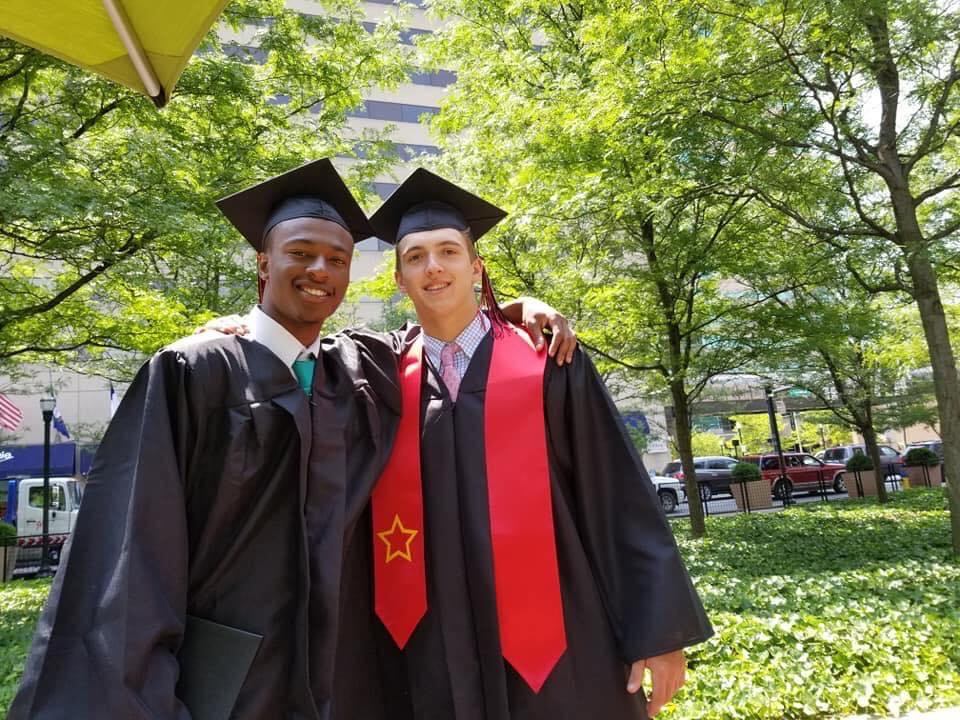
Kars4Kids: What’s next for The Fayette Education Foundation Fund?
Carrie Boling: We are new so everything is next! We will continue to focus on our successful Bright Ideas Grants initiative to help specifically at the school level. In July, our school district will release its new strategic plan and the Foundation will work hand-in-hand with the district to ensure partnerships and resources are in place to meet our goals.